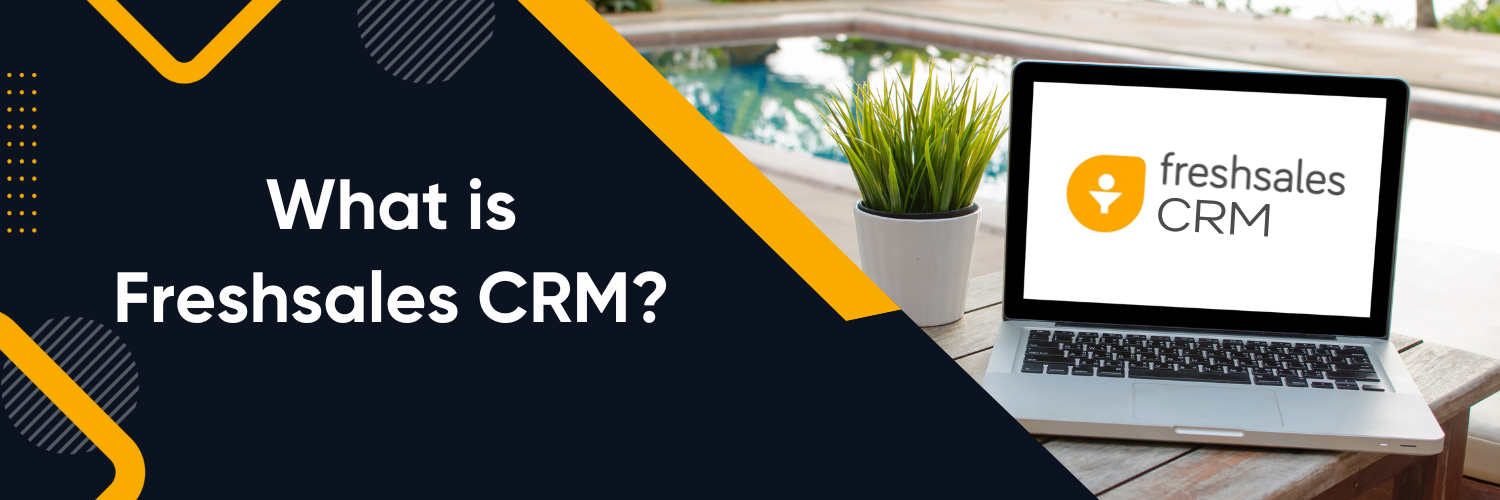Why do you need to analyse keywords on the website?
Why do we need to analyse keywords on websites? Analysing keywords on a website may be a good idea to understand how your customers are looking for products and services. That is why it is important to understand a website’s keywords.
Because for example, if we want to rank for a keyword, we need to have good content related to it. And for that, we need to have an insight into what people are looking for and what the keyword is.
We offer an affordable and reliable tool to get clear information about the number of times your site has been mentioned on the Internet. We have a special service to check your site’s ranking on search engines.
How to use Keywords
Make sure that your essay is free of errors. Make sure it is clear, concise, and easy to read. You do not have to use all the keywords from the list provided, but make sure you use some of them.
This is an example of a compound sentence. Coordinating conjunction has joined the two main clauses in this sentence. The subordinate clause starts with a capital letter, and the main clause starts with a lower-case letter.
How can I use the Keywords?
The ALARM is a framework that helps you correctly answer different types of questions based on the NESA keywords.
It groups the keywords by how many times they appear in the content.
Critical thinking skills are important for business success. The keywords on the right are more difficult to answer because they require critical thinking. The keywords on the left require a simple answer.
To see how the ALARM works, let’s take a closer look.
The alarm matrix will help you answer your questions and achieve full marks.
I think that the answer to the question will become more clear as we move to the right.
If you refer to the ALARM frequently and try to remember each component, when you see the keyword in your question, you should review the table and make sure you address each step to achieve full marks.
If you are struggling to remember a keyword, try looking at the allocated marks. The number should indicate the location of the keyword.
Tips for selecting your Keywords
As an example, if you sell products for home improvement, you’ll want to include “home improvement,” “how-to,” and “fix-it-yourself” as your keywords.
Check out the competitor websites and their source code. You will see that they use the same tags and content as you do.
Use Google Analytics, Baidu statistics, or other traffic statistics tools to check what keywords drive traffic to your website. Then, use those keywords in your content. You’ll increase your search engine rankings and attract more traffic to your website.
1. Compare the number of keyword search results
Keyword research is an important part of SEO, and if done properly, it can help you determine which keywords are most relevant to your business. Keywords with low competition levels are generally easier to rank for than those with high competition levels.
You need to rely on high-quality content and inbound links for website optimisation to get better rankings.
2. Analyse your keyword competitiveness
It’s not just about understanding the search volume of a keyword. It’s also about knowing the competition level. To figure out the competition level, you’ll need to know the keyword’s search volume and the competition level of similar keywords.
3. Optimise your keywords
The three steps above are preparation for keyword optimisation. The ultimate purpose is to optimise the more valuable keywords for the website to improve the organic search ranking and traffic. To achieve this goal, you need to analyse and modify the website source code, structure, content and look at inbound links.
A complex process is a long-term project that requires a lot of effort to get done right. There are two ways to tackle this process:
Hire a professional SEO company to optimise your site for search engines. This service is much more comprehensive, but the price is higher.
You can use the Sinorbis platform to crawl the keywords ranking, search results, and website page details for targeted keywords. The Sinorbis platform can provide recommendations for SEO optimisation for the targeted keywords page.
A good website technology developer can revamp the website to fit the needs of the business. Once you’ve completed the basic SEO optimisation, you may then need to hire a professional SEO company to offer more comprehensive and advanced SEO optimisation recommendations.
The journey of SEO is ongoing. You must continuously improve your website and SEO to increase organic traffic and ranking. By using an SEO keyword strategy, you can select the most effective keywords and then improve the organic search traffic and ranking step by step.
If you’re serious about optimising your website for search engines, you should consider registering for Sinorbis, which is an innovative SEO tool that gives you a competitive edge.
4. Analyse your website performance for relevant keywords
Ranking well on search engines is a matter of finding the right keywords for your business and target audience. We’ll help you identify those keywords and create a plan to rank well on search engines.
With UDS, we’ll configure your SEO tools, so you can track your website’s ranking performance for these keywords, compare it to your key competitors, and continue improving your results over time.
How to analyse Keywords?
1. Check your site’s ability to compete
Before you start comparing your site to your competitors, you need to assess your site. You need to evaluate how well you are doing on a keyword level. To do this, use our Keyword Difficulty Tool.
2. Find your competitors
The next step is to find your competitors, and Alexa’s Audience Overlap Tool is an easy way to get started. Enter your target site into the tool, and Alexa will provide you with a list of sites that have similar audiences.
3. See what keywords your competitors are using
Organic keyword tables are the same as the keyword analysis you did earlier, but you can now evaluate your competitor’s full list of keywords.
You can also export these data or process it right in Semrush. After completing this, you will receive another list of winning keywords that you can use for the future marketing campaign of your site.
4. Search for more keyword ideas
You can also use Semrush to expand your keyword list by looking at keyword suggestions for your business. Just type a keyword that you think really needs to be used for your business and see what variations of this keyword may be and which one of them is the most traffic-drawing.
5. Select the most successful competitors in your niche
Our advice would be to evaluate competing sites and choose several for a close study of their keywords.
The number of keywords that your rival’s site shares with you, after clicking the figure you will see an extremely useful tab where your site and the site of your competitor will be compared by the position in the search results for every keyword they have in common (Common keywords column).
After you have analysed the keywords, you will need to determine which organic keywords will give you the best results. You can then decide which ones you will target in your SEO strategy.
6. Discover the most searched queries with your keyword
In the Phrase match report, you will see a list of users’ searches containing your keyword ranked by the query frequency, cost per click, and other criteria. Consider these data and choose keywords with good frequency and a high number of search results.
7. Locate organic keywords for individual websites
Once you’ve compiled a list of sites to investigate, begin by looking at their organic site keywords. The terms that naturally rank in search engines are organic site keywords.
Open the Site Keyword Tool and type in one of the sites from your list to get started.
This tool’s default view prioritises organic keyword information. The report functions similarly to a keyword finder in that it generates a list of the top SEO keywords that bring organic traffic to that website.
8. Identify individual sites’ paid keywords
Then, at the top of the Site Keyword report, select the “Paid” tab. This displays information on paid keywords relevant to the target site and examines the site’s paid keyword promotion strategy.
9. Examine keywords on a few different websites
You studied particular sites in the last several steps to discover how they tackled keywords. Let’s look at your list of websites as a whole and see how they stack up.
Navigate to the Keyword Matrix for Competitors. Enter a list of sites manually or choose from a saved list.
Use the drop-down menu to do a competitor keyword analysis for the list of competitors you created previously in this post if you saved it.
More facts about Analysing Keywords
- A keyword is valuable if it has at least 100-200 monthly searches. It depends on the business niche and product or service type, but as a general rule, a keyword is valuable if it has at least 100-200 monthly searches.
- The keyword is important, but the more important factor is the search term’s competitiveness. This is something that you need to consider.
- Use long-tail keywords to find the best products and services to sell. The more specific your keywords are, the more likely you will get the right traffic to your website.
If you need help analysing keywords on websites, we at Ubique Digital Solutions will help you with that! UDS also offers Free SEO Analyser to allow you to audit your website search engine performance. We can use SEO tools to understand the keywords that work for your website and even find out what you can do to improve your search rankings further. For a free consultation, contact us now!
















